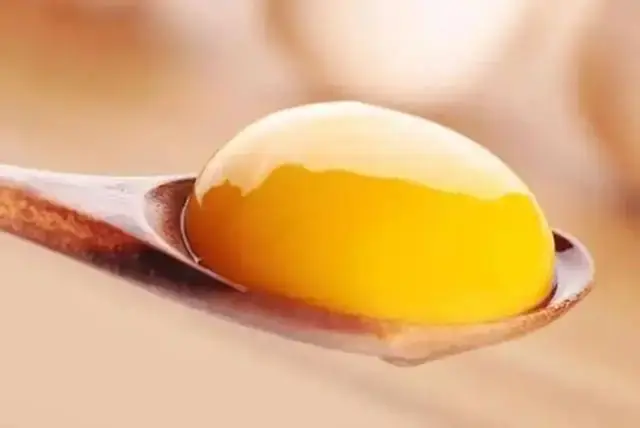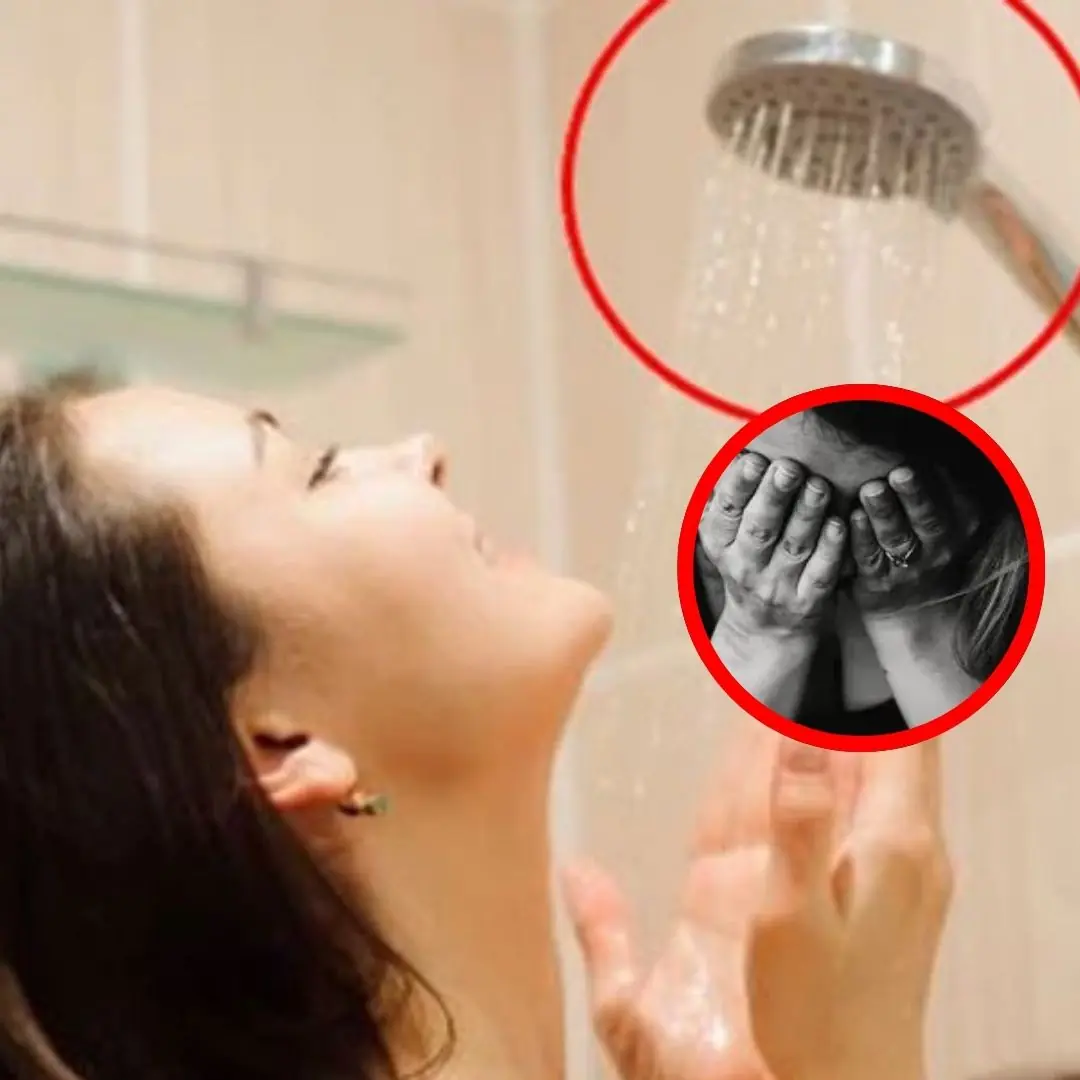
If your saliva smells bad, you may have...
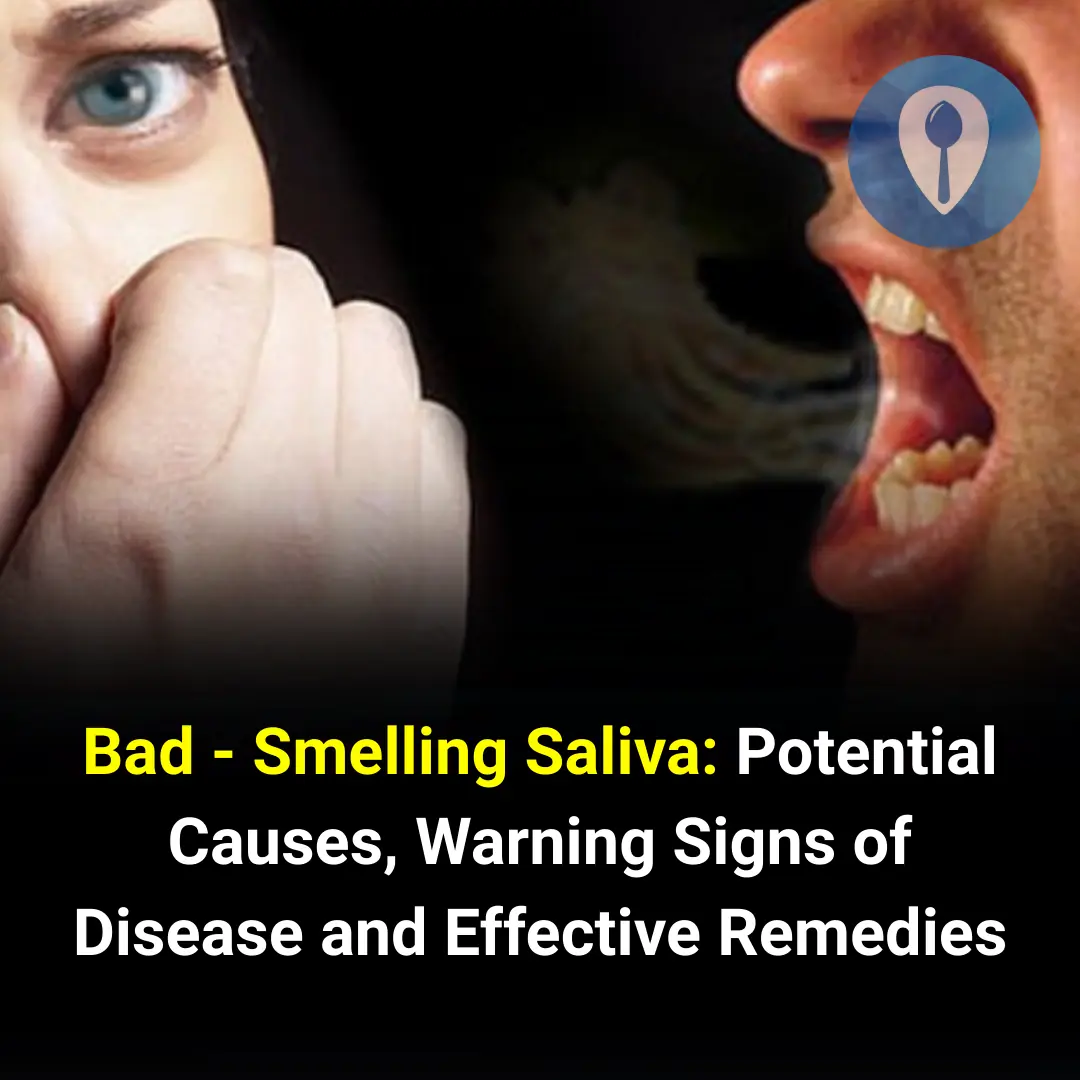
1. How to Recognize Bad-Smelling Saliva?
If you suspect that your saliva has an unpleasant odor, you can try the following methods to check:
1.1. Check by Smelling Your Own Breath
This is the simplest way to know if your saliva smells bad. You can cup your hands over your mouth, exhale into them, and then inhale to check. If you notice an unpleasant odor, it’s a sign of bad breath.
1.2. Check by Licking Your Wrist
Lick the inside of your wrist and wait for 5–10 seconds until the saliva dries. Then smell the area. If you detect an unpleasant odor, it indicates halitosis; if not, your breath is likely fine.
1.3. Use a Halitosis Test Strip
Halitosis test strips are made of paper or fabric and contain chemicals that detect odor-causing compounds in saliva. Simply swipe the strip across your tongue, then compare the color change with the provided chart. If the strip turns red or orange, it indicates bad breath.
2. Causes of Bad-Smelling Saliva
2.1. Poor Oral Hygiene
The most common cause of foul-smelling saliva is poor oral hygiene. Food particles left on teeth, gums, or the tongue are broken down by bacteria, producing odorous compounds. Plaque buildup creates an ideal environment for bacteria to thrive.
2.2. Strong-Smelling Foods
-
Volatile organic compounds in pungent foods dissolve in saliva and spread throughout the mouth. When you exhale, the odor is released.
-
Many of these foods are acidic, encouraging bacteria growth that produces foul-smelling compounds.
-
Strong-smelling foods often cling tightly to teeth, gums, and tongue, providing a breeding ground for bacteria.
2.3. Weak Immune System
In older adults, the immune system and salivary gland function decline. Saliva normally moistens the mouth, washes away food particles, and reduces bacteria. A decrease in saliva flow causes dry mouth, allowing bacteria to thrive and produce odors.
2.4. Oral Diseases
Tooth decay, gum inflammation, or periodontitis damage oral tissues, creating an easy entry point for bacteria.
2.5. Digestive Disorders
The digestive system and oral health are closely connected. Conditions like gastroesophageal reflux disease (GERD) can cause bad breath, as stomach acid and food particles flow back up, tainting saliva.
2.6. Dentures or Removable Prosthetics
Dentures are common replacements for missing teeth, but they can cause bad-smelling saliva if:
-
Not cleaned properly
-
Poorly fitted
-
Damaged or broken
2.7. Upper Respiratory Tract Diseases
Respiratory issues may cause bad breath and foul-smelling saliva due to:
-
Accumulation of pus and mucus: Conditions like sinusitis, rhinitis, or bronchitis create secretions with unpleasant odors that spread to the mouth.
-
Excess saliva production: Infections such as bronchitis may cause saliva buildup that becomes infected, producing odor.

3. Remedies for Bad-Smelling Saliva
3.1. Chewing Gum
Chewing gum stimulates saliva flow, which neutralizes acids, washes away bacteria, and clears food debris. Mint, green tea, or lemon-flavored gums freshen breath and often contain compounds like menthol or eucalyptus with antibacterial effects.
3.2. Gargling with Lemon Water
Lemon juice contains citric acid, which has antibacterial and anti-inflammatory properties. It helps remove bacteria and plaque, prevents cavities, and freshens breath.
How to use:
-
Squeeze lemon juice
-
Mix with 200 ml of warm water
-
Add ½ teaspoon of salt
-
Gargle for 30 seconds, then spit out
3.3. Drinking More Water
Saliva plays a crucial role in oral health by washing away food and bacteria. When you’re dehydrated, saliva production decreases, leading to foul-smelling saliva. Drinking 2–2.5 liters of water daily (7–8 glasses) helps maintain fresh breath, especially after waking up, meals, or exercise.
4. How to Eliminate Bad-Smelling Saliva Completely?
To treat the problem effectively, doctors must identify and address the root cause. Common approaches include:
4.1. Maintaining Good Oral Hygiene
-
Brush 2–3 times a day for about 2 minutes
-
Use a soft-bristled brush and fluoride toothpaste
-
Clean all tooth surfaces properly
-
Use dental floss to remove plaque and debris between teeth
-
Clean the tongue with a tongue scraper
-
Limit foods like garlic, onion, coffee, and alcohol
4.2. Treating Oral Diseases
-
Cavities: Fillings to seal holes and stop bacteria growth
-
Gingivitis: Scaling, polishing, thorough cleaning, and antibiotics if needed
-
Tartar removal: Regular scaling and polishing to prevent plaque buildup
4.3. Treating Respiratory Causes
-
Medical treatment: Follow prescriptions for antibiotics, anti-inflammatories, or pain relievers
-
Saline nasal sprays: Clean nasal passages, remove pus and mucus, reduce odor
-
Diet: Eat fresh fruits and vegetables to boost immunity and prevent infections
Conclusion
Bad-smelling saliva can be caused by poor oral hygiene, dietary habits, weak immunity, oral or digestive diseases, dentures, or respiratory issues. While simple remedies like chewing gum, lemon water, and proper hydration can help, persistent symptoms should be evaluated by a doctor for proper diagnosis and treatment.
-
News in the same category

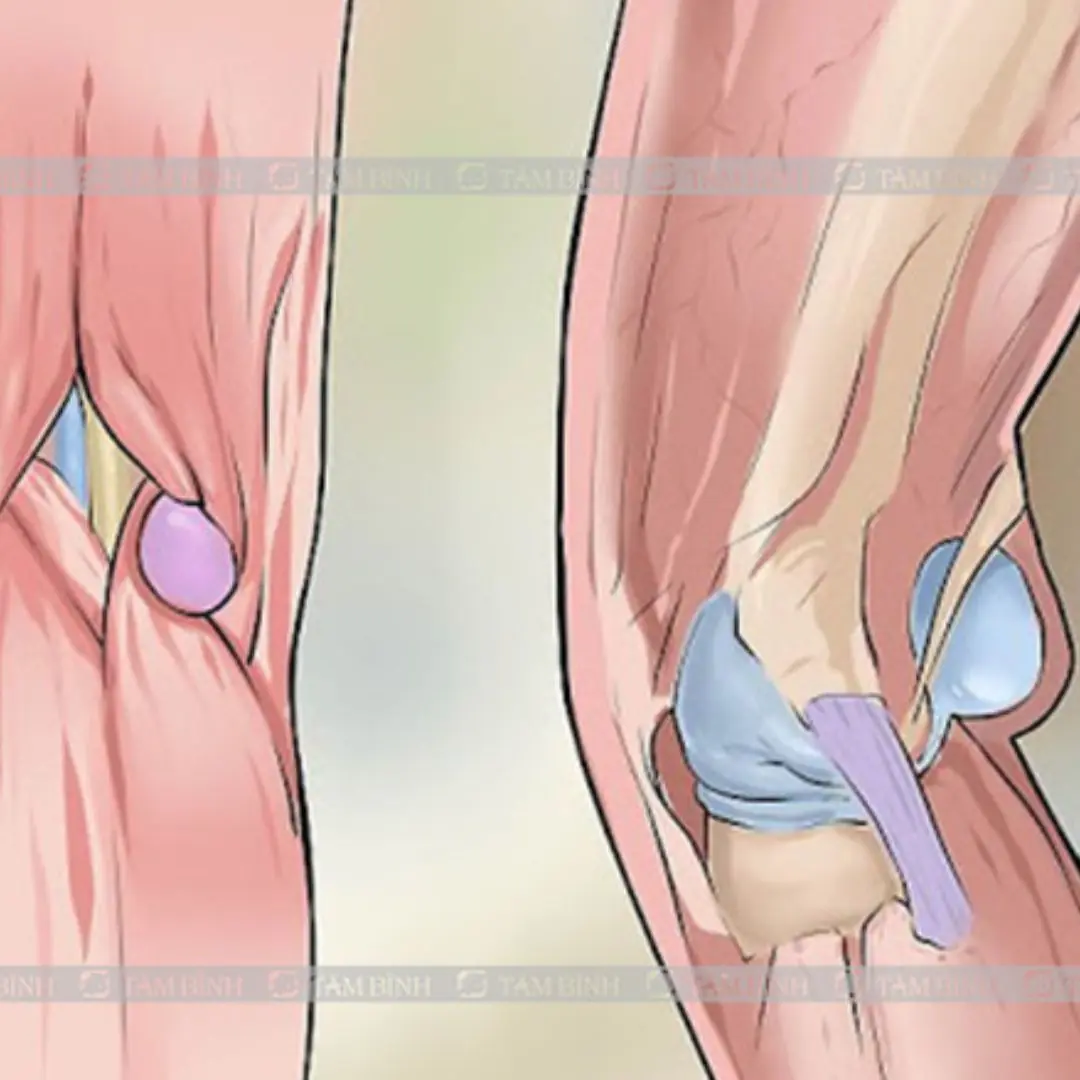
Muscle pain behind the knee, a dangerous symptom that should not be ignored
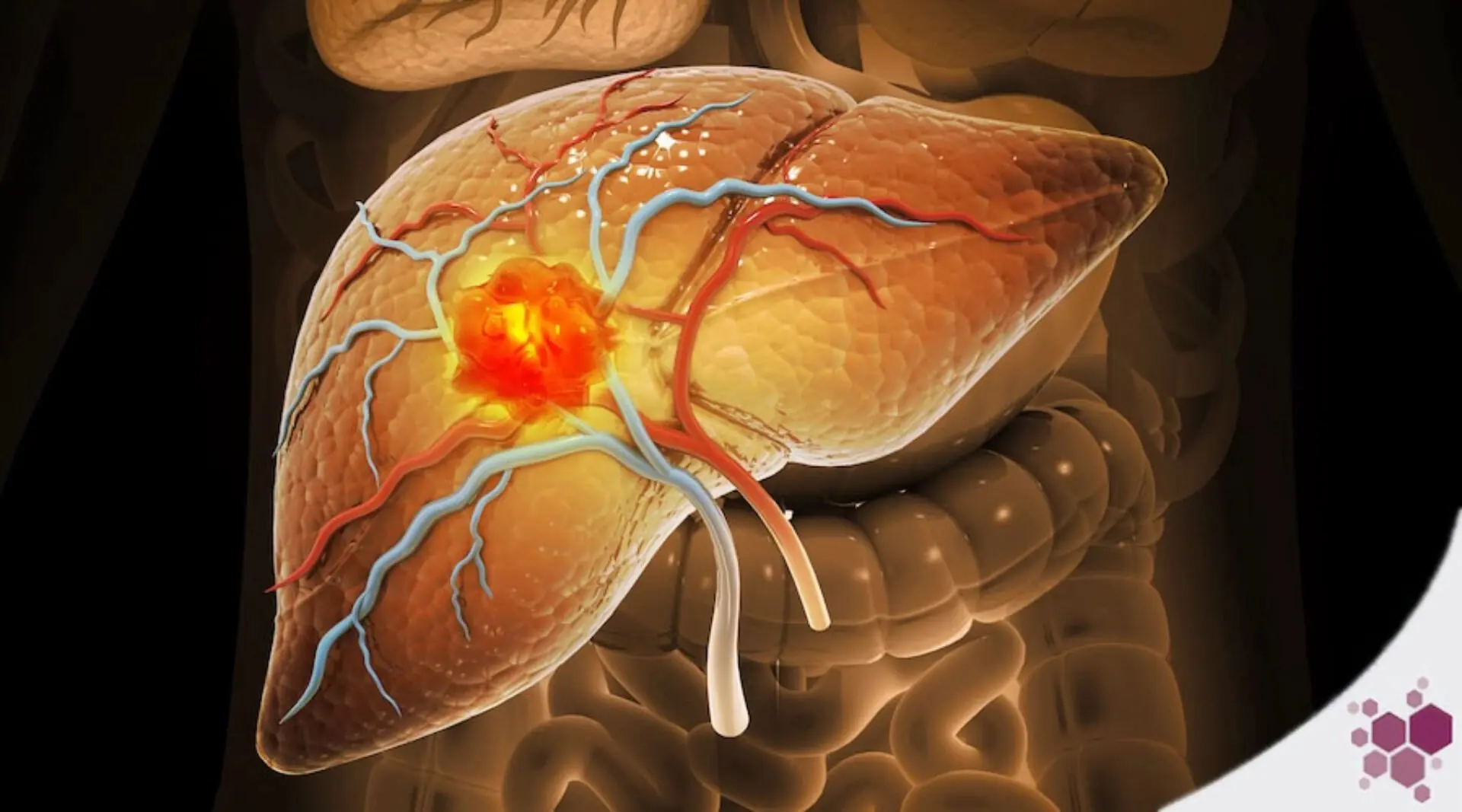
Li.ver Can.cer “Fears” These 7 Foods

5 Types of Vegetables That “Naturally Contain Toxi.ns”
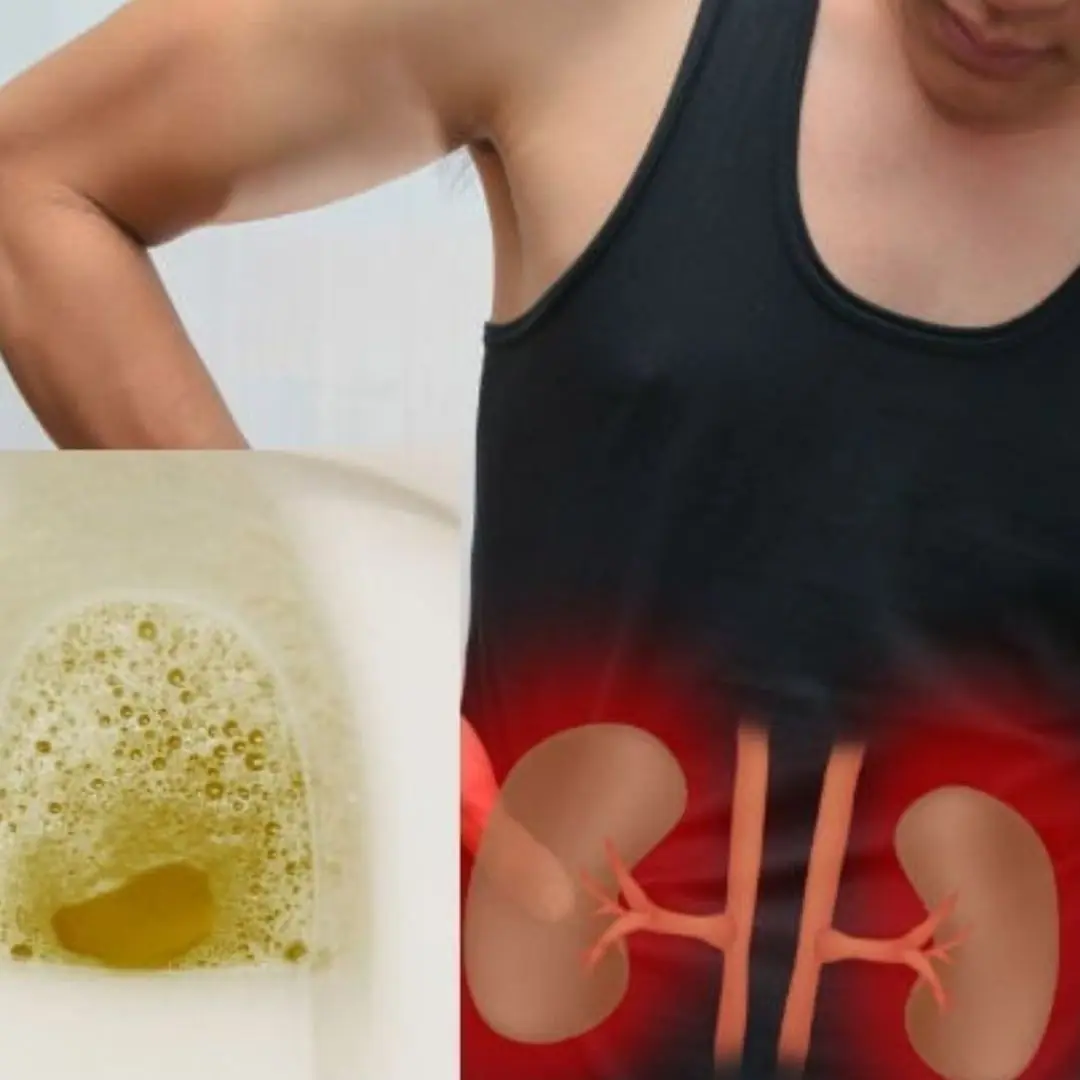
Waking up with foamy urine: Warning of 3 serious illnesses, number 1: Go to the hospital quickly

These common garden leaves could be a natural remedy for bone and joint problems—yet many overlook their power
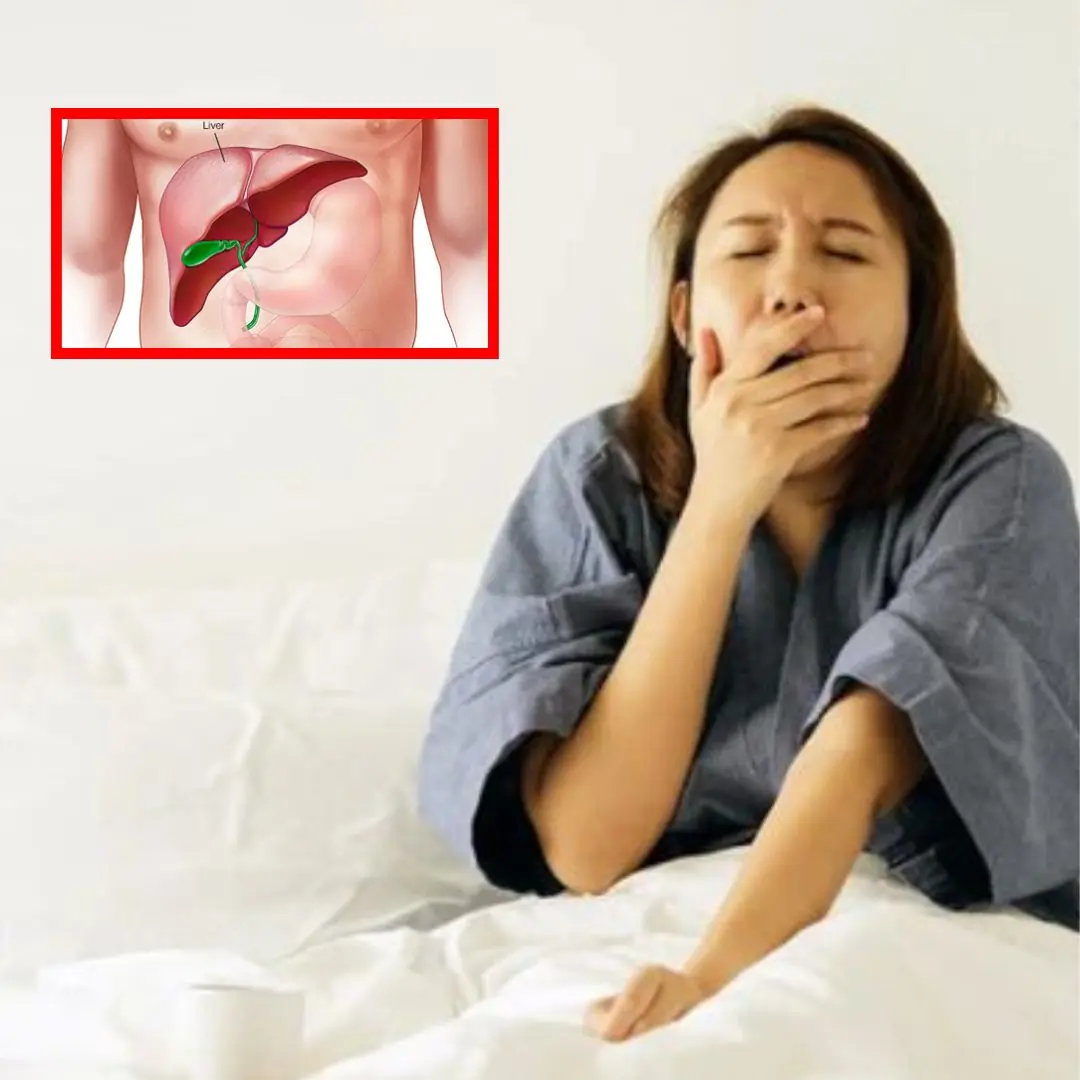
Waking up with 6 strange tastes in your mouth, watch out for internal organs being sic.k

Headaches at these times warn of extremely dang.erous diseases

2 Hygiene Habits That “Damage” the Inti.mate Area

3 Types of Autumn Vegetables Known as the “Kings of Calcium” Everyone Should Eat Regularly
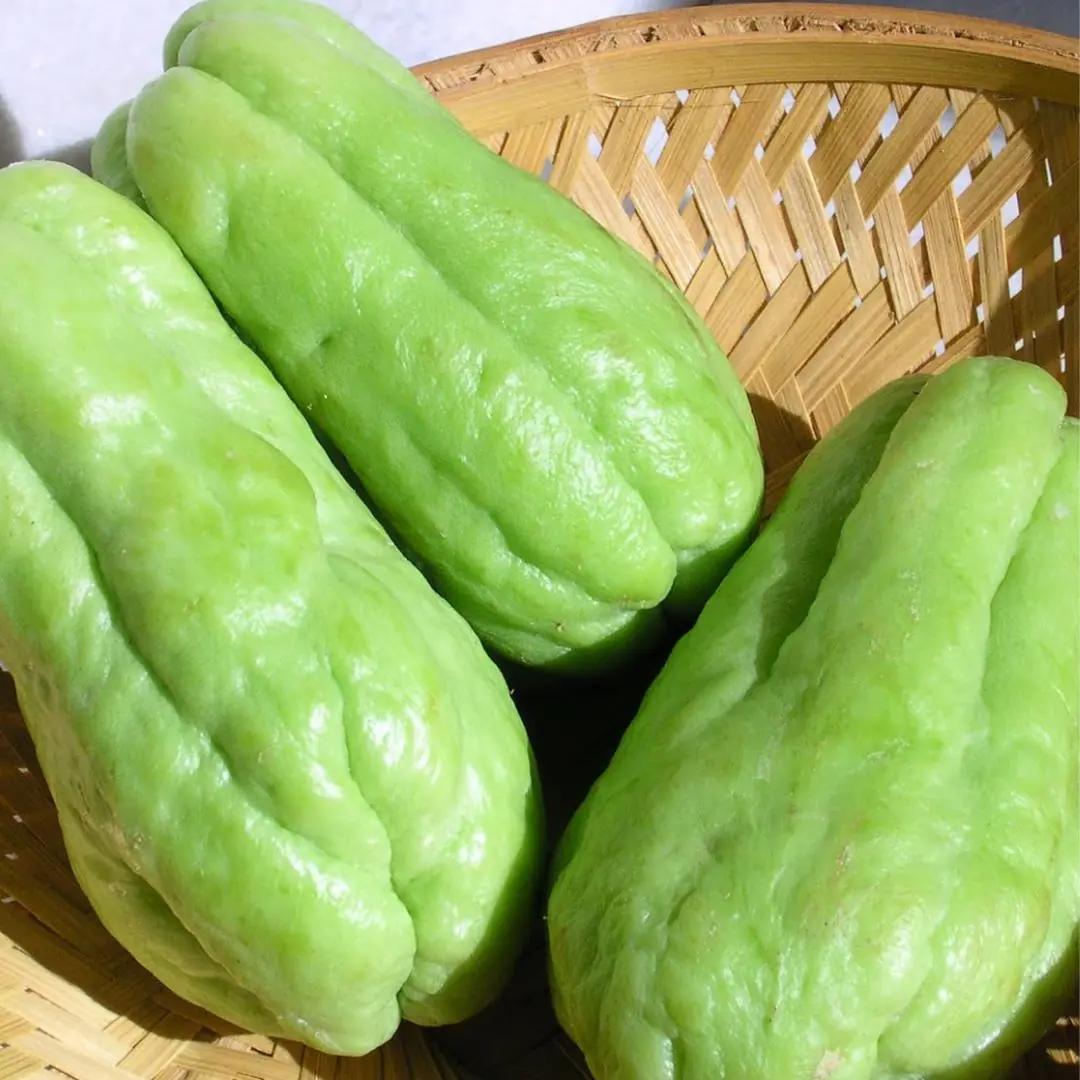
Groups of people absolutely abstain from eating chayote squash to avoid bringing disaster upon themselves

People with weak kidneys often have pain in 5 places: If you have 1, you need to see a doctor immediately!

5 abnormalities that appear at night warn of "blood flooding the street", even young people should not be subjective
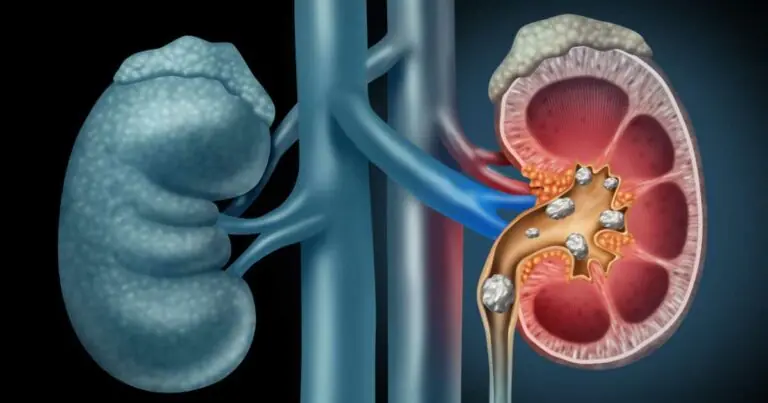
If Your Kidneys Are in Danger, the Body Will Show these 10 Signs
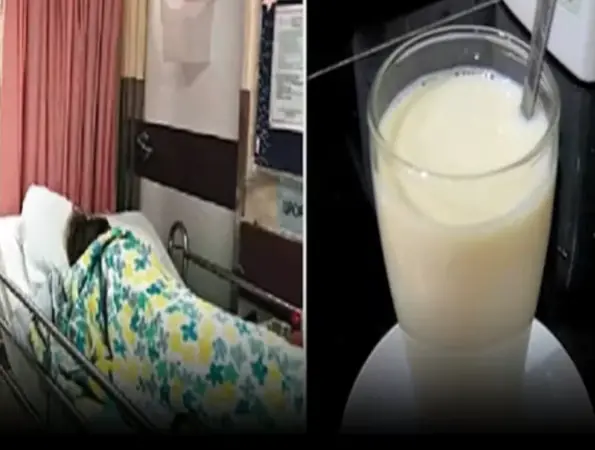
Young Woman Dies at 27 from Late-Stage Thyroid Cancer

The Meaning Of The Intriguing Gesture Of Scratching The Palm Of Another Person’s Hand

One Month Before A Heart Attack, Your Body Will Warn You Of These 7 Signs

5-Year-Old Loses Battle With Cancer — Doctors Reveal 5 Foods Parents Must Never Give Their Children
News Post
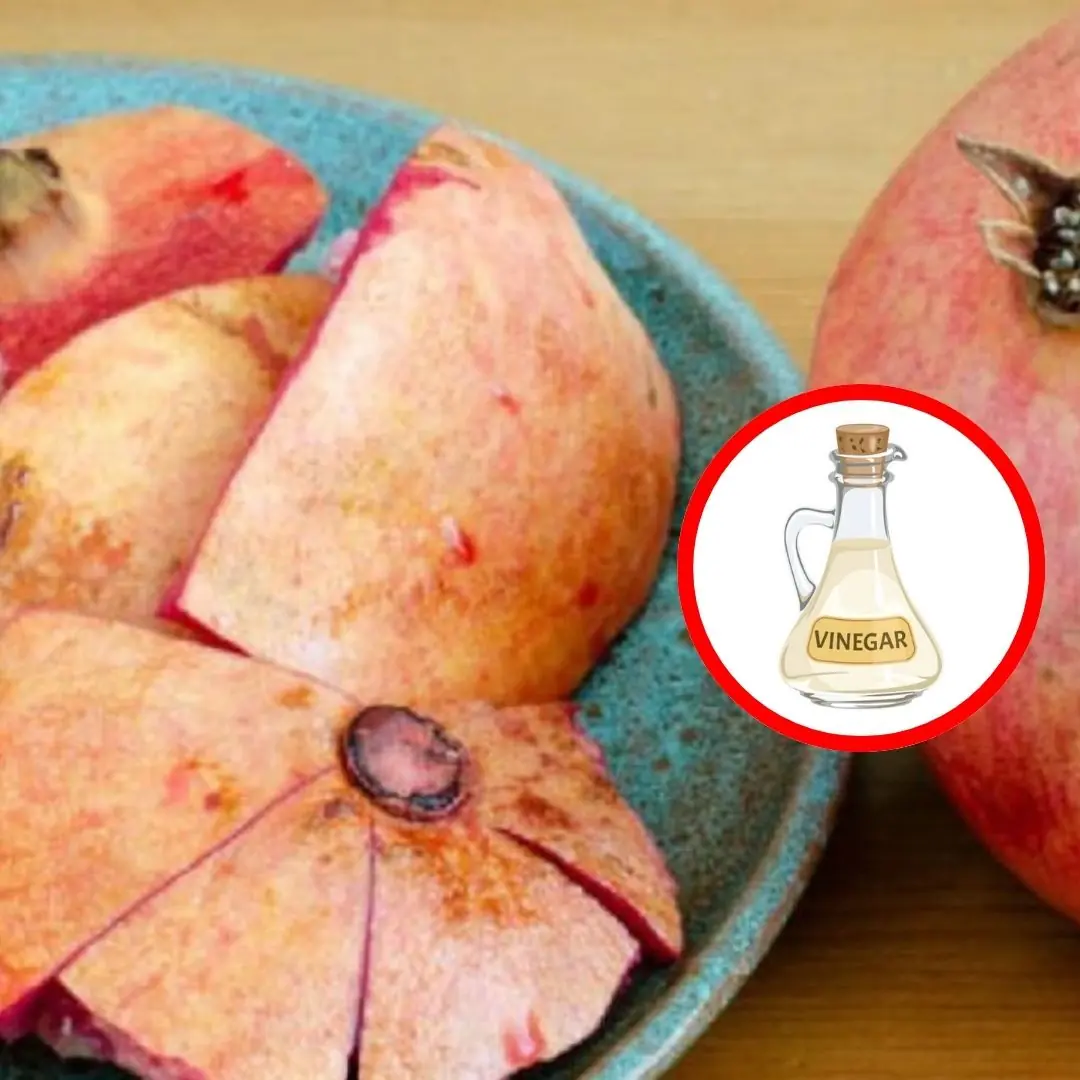
Soak Pomegranate Peel in White Vinegar – A Simple Trick That Solves Countless Household Problems

5 times you should never take a shower

Muscle pain behind the knee, a dangerous symptom that should not be ignored

Li.ver Can.cer “Fears” These 7 Foods
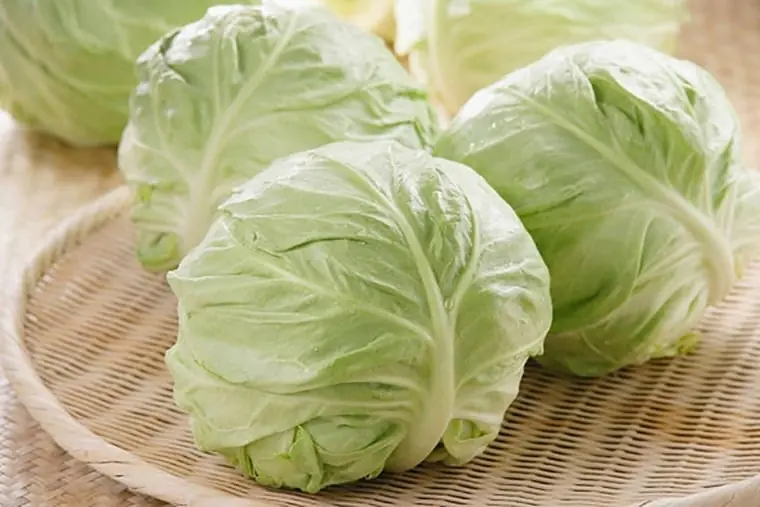
Cabbage Is Nutritious but Harmful for These 5 Groups of People

5 Types of Vegetables That “Naturally Contain Toxi.ns”

Sweet Potato vs. Potato: The Truth About Their Health Benefits

Waking up with foamy urine: Warning of 3 serious illnesses, number 1: Go to the hospital quickly

These common garden leaves could be a natural remedy for bone and joint problems—yet many overlook their power

Waking up with 6 strange tastes in your mouth, watch out for internal organs being sic.k

Headaches at these times warn of extremely dang.erous diseases
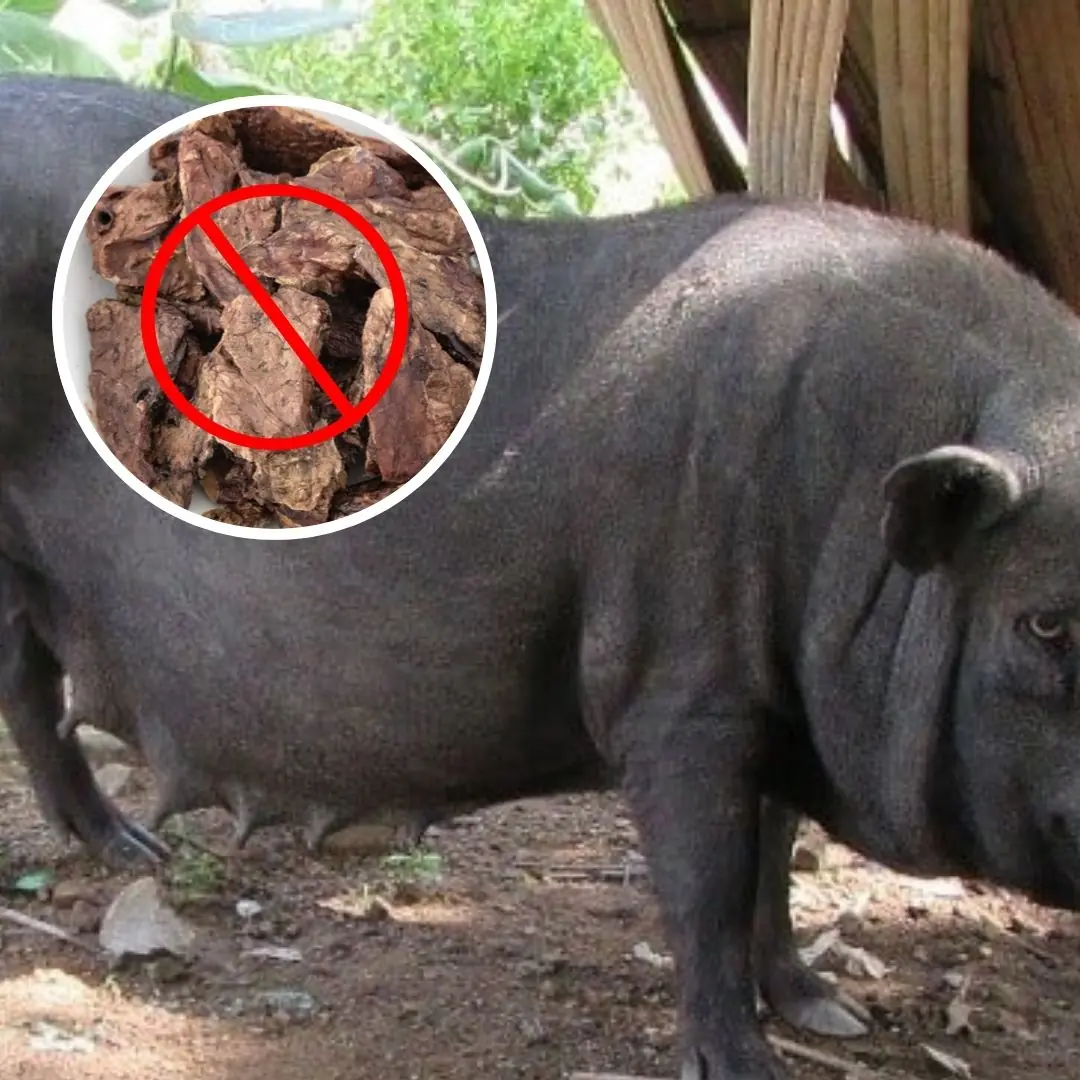
These 4 parts of a pig may be delicious and inexpensive, but you shouldn’t eat them too often—don’t let greed harm your health
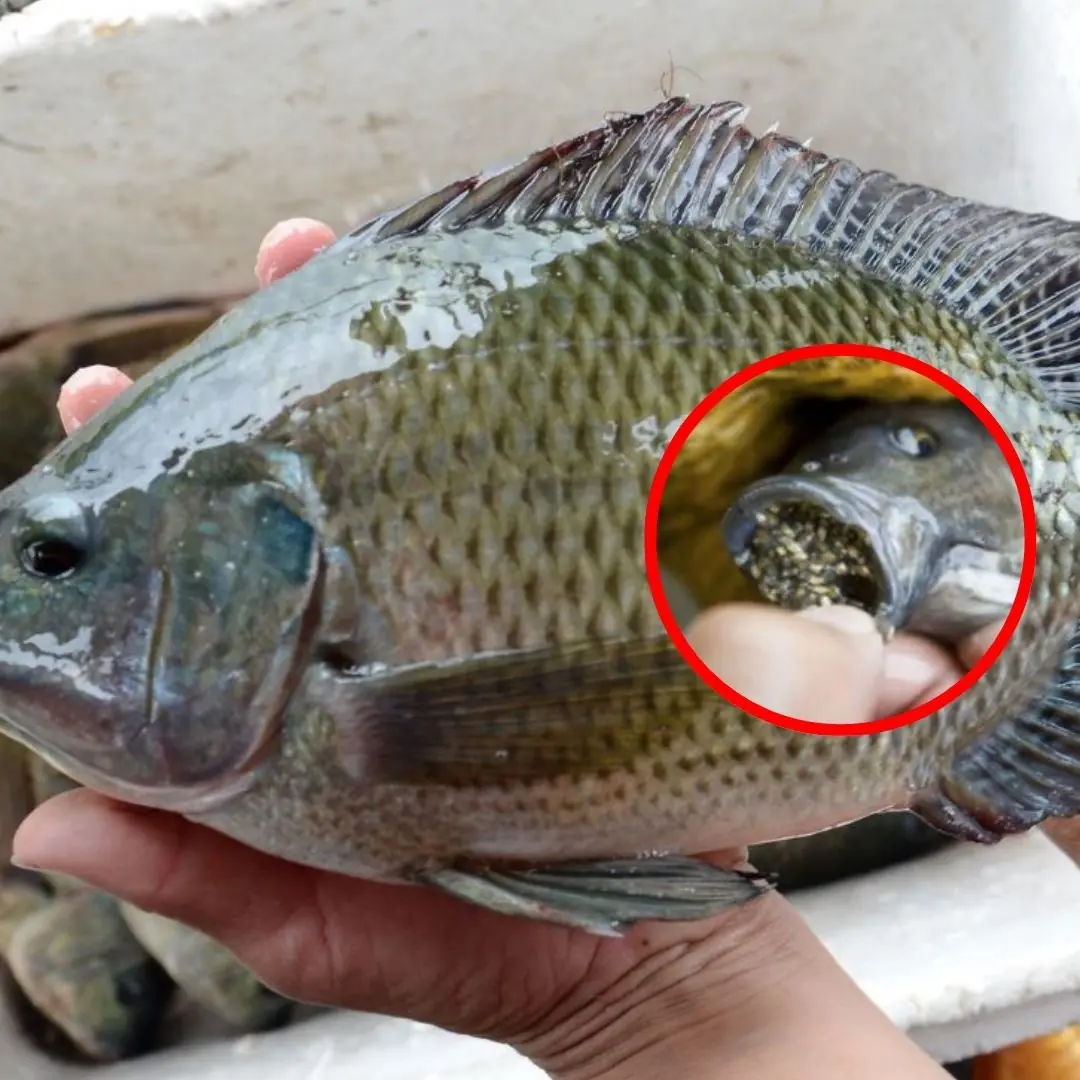
Reasons why you should stop eating tilapia as soon as possible
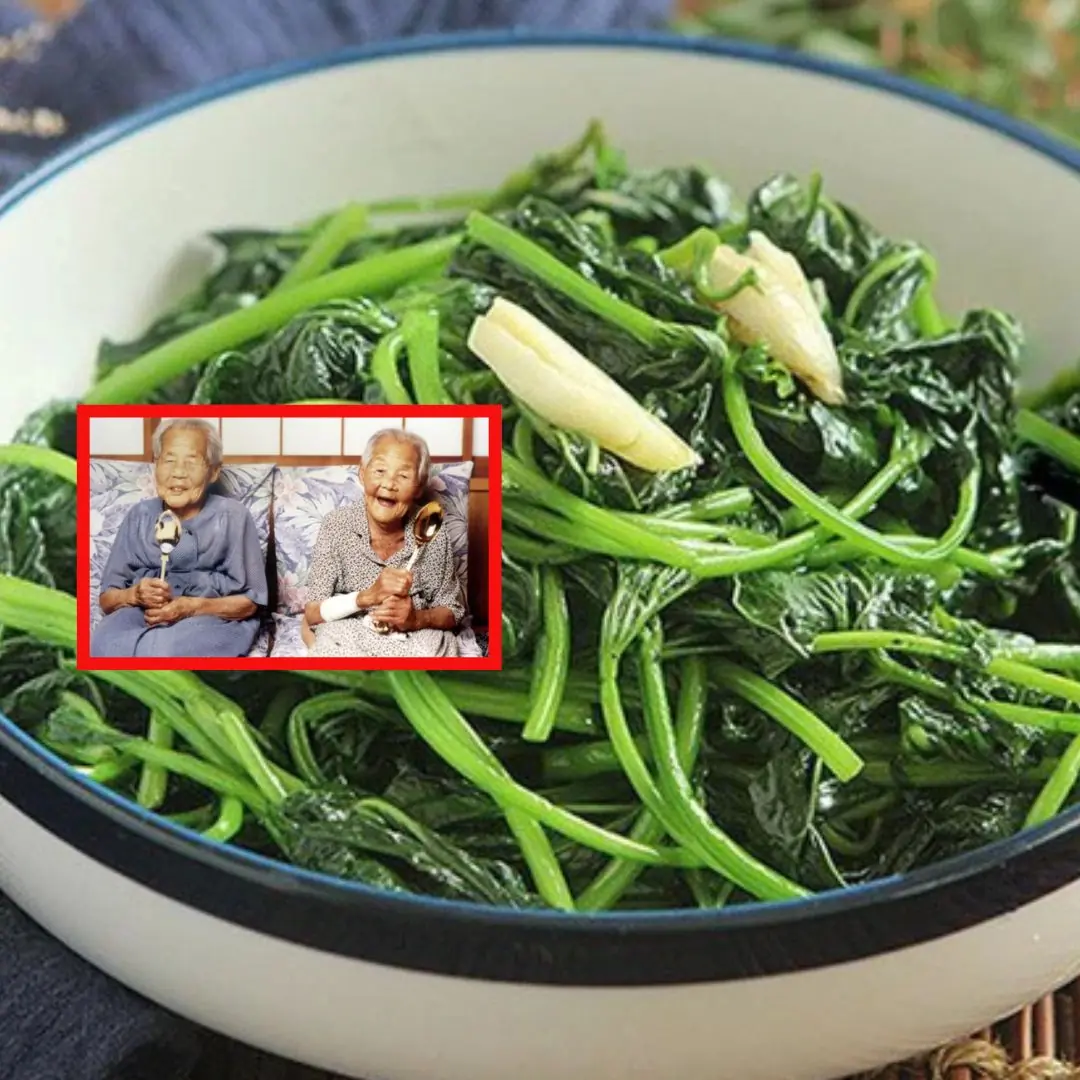
Rich in nutrients, these 3 vegetables are considered by the Japanese as a longevity eli.xir
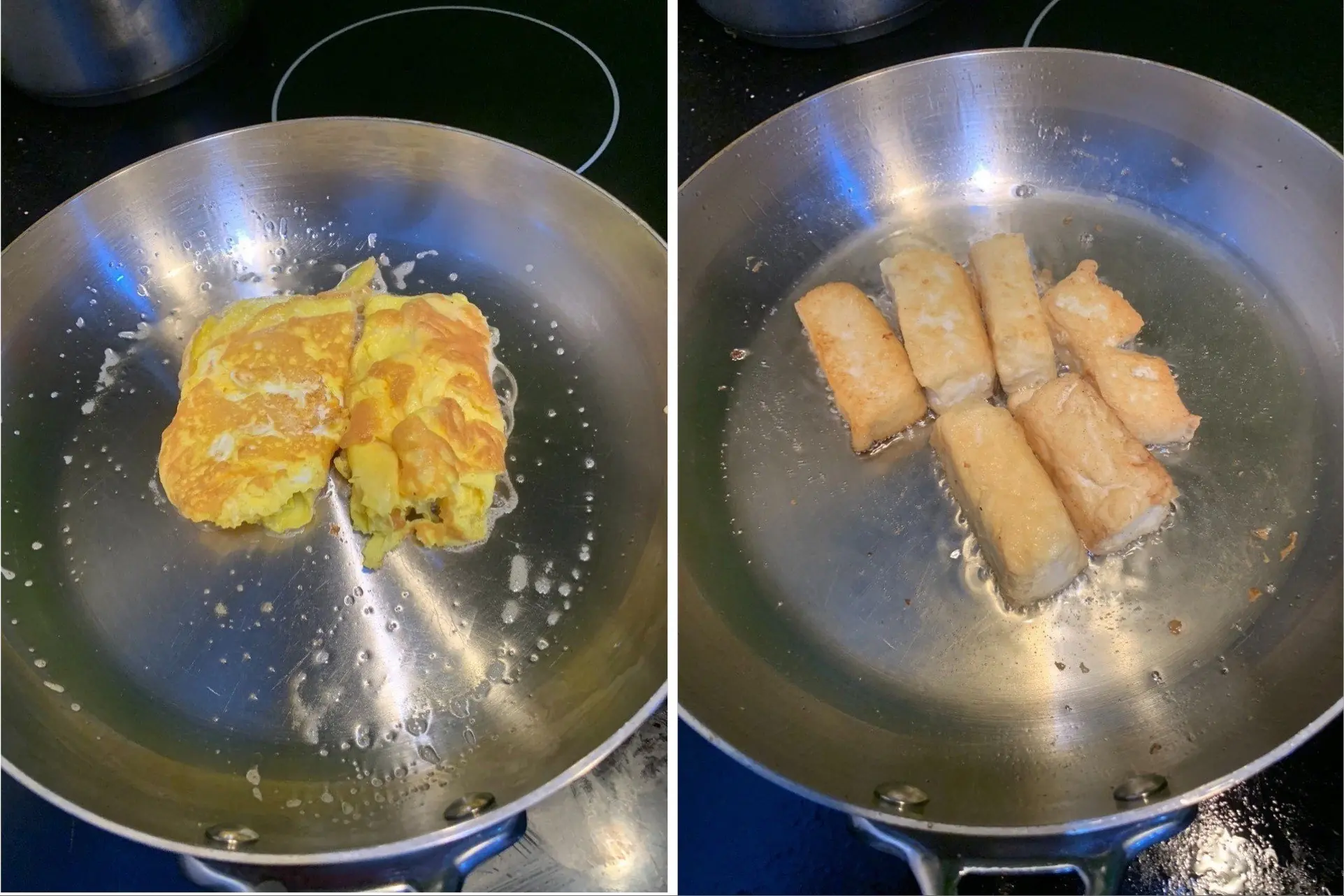
Frying Anything Without Sticking: Just Add This Liquid to the Pan

2 Hygiene Habits That “Damage” the Inti.mate Area

Eliminate Refrigerator Odors with Just Two Common, Cheap Items

3 Types of Autumn Vegetables Known as the “Kings of Calcium” Everyone Should Eat Regularly
